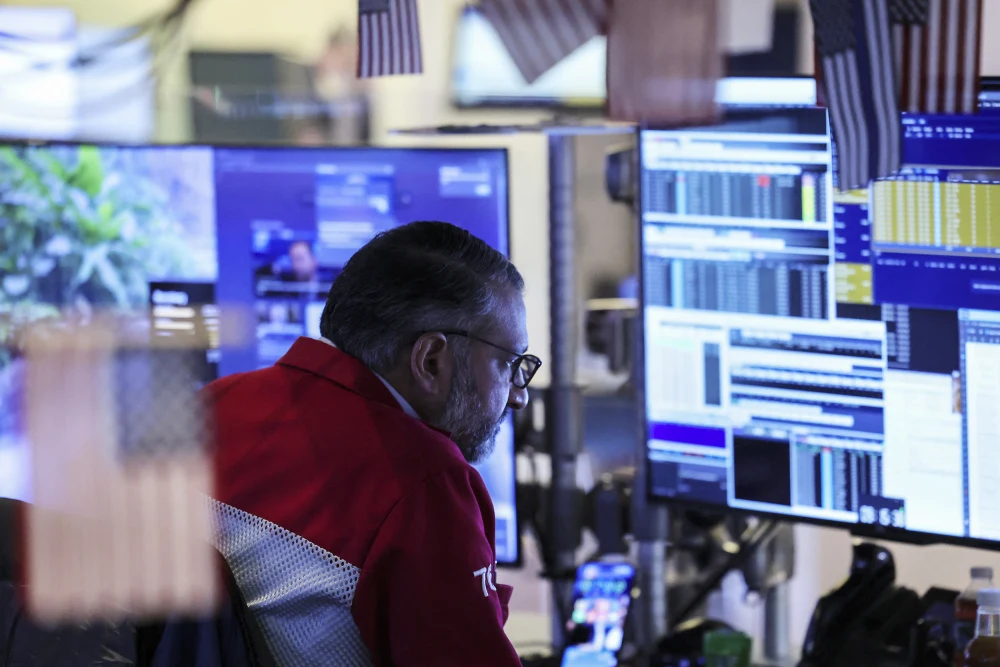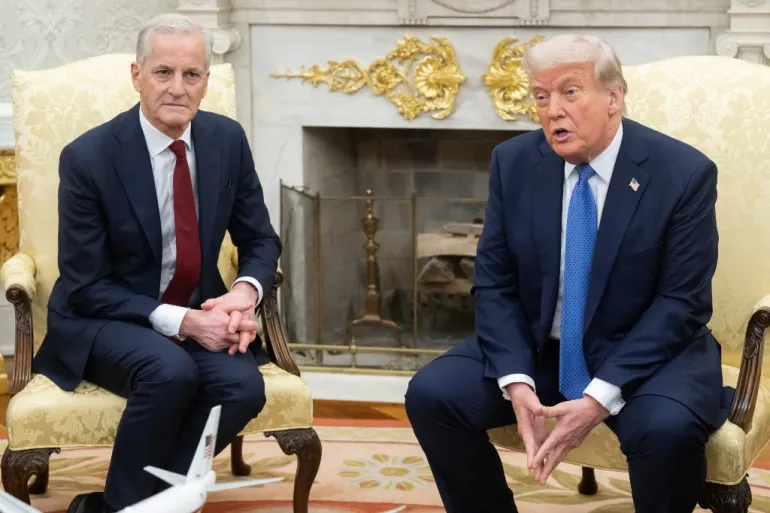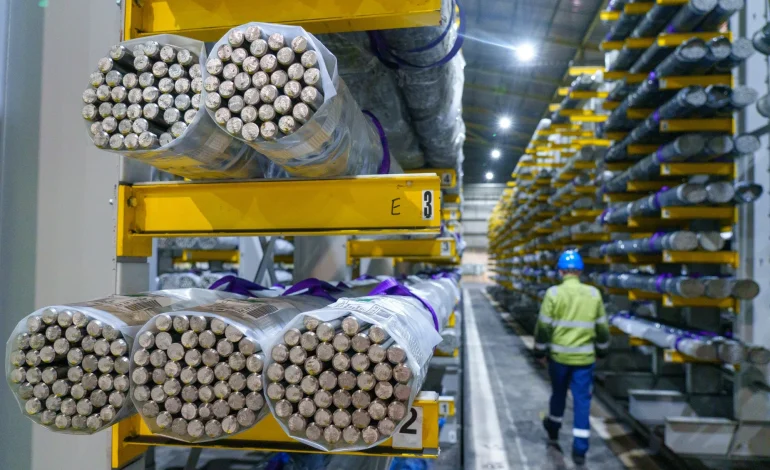The UK and the US are engaged in negotiations over a potential economic agreement aimed at reducing the impact of tariffs, with British officials currently in Washington to discuss terms, Bloomberg reports.
While there is optimism about reaching a deal, sources familiar with the talks have indicated that it is still too early to confirm whether an agreement will be finalized this week.
A senior UK official emphasized that the UK would not be pressured into signing a deal that does not align with its national interests, despite the Trump administration’s eagerness to announce agreements to alleviate the effects of US tariffs.
The talks have become a priority for UK Prime Minister Keir Starmer, who is focused on protecting British industries from the consequences of US tariffs, especially the 25% levies on steel and car imports. This negotiation comes on the heels of Britain securing a significant new trade deal with India, its largest since leaving the European Union, as the country looks to strengthen its economic ties with other nations in light of the ongoing tariff challenges.
According to reports from the Financial Times, the UK and US are close to reaching an agreement, with the possibility of a deal being signed as early as this week. If finalized, the deal would likely involve reduced tariffs on UK exports of steel and cars to the US.
However, the UK’s Department for Business and Trade has refrained from providing specific details or setting any timelines for the ongoing discussions. In a statement, the department said:
“Talks on an economic deal between the US and the UK are ongoing, but we are not going to provide a running commentary on the details of live discussions or set any timelines. We will continue to take a calm and steady approach to talks and aim to find a resolution to help ease the pressure on UK businesses and consumers.”
Prime Minister Starmer is also concerned about the potential tariffs the US could impose on the UK’s pharmaceuticals sector, which would significantly affect the country’s growing life sciences industry. Additionally, the film industry, home to some of the world’s most renowned studios, could be impacted by similar tariff measures.
Another critical issue in the negotiations is Britain’s digital services tax, a 2% levy on revenues generated by UK users of online platforms such as search engines, social media companies, and e-commerce giants. The tax has been a point of contention for major US tech firms, including Google, Meta (Facebook’s parent company), and Amazon. The UK government is considering the possibility of reducing or even abolishing the tax as part of efforts to secure a favorable trade deal and ease the pressure of US tariffs on British industries.










The latest news in your social feeds
Subscribe to our social media platforms to stay tuned